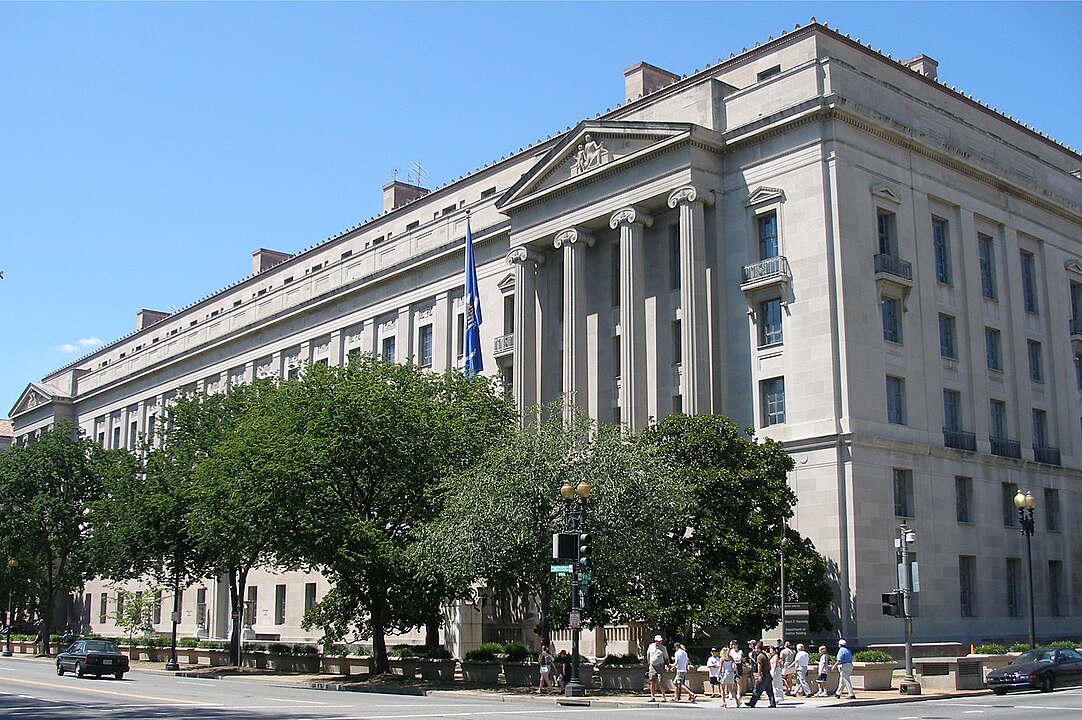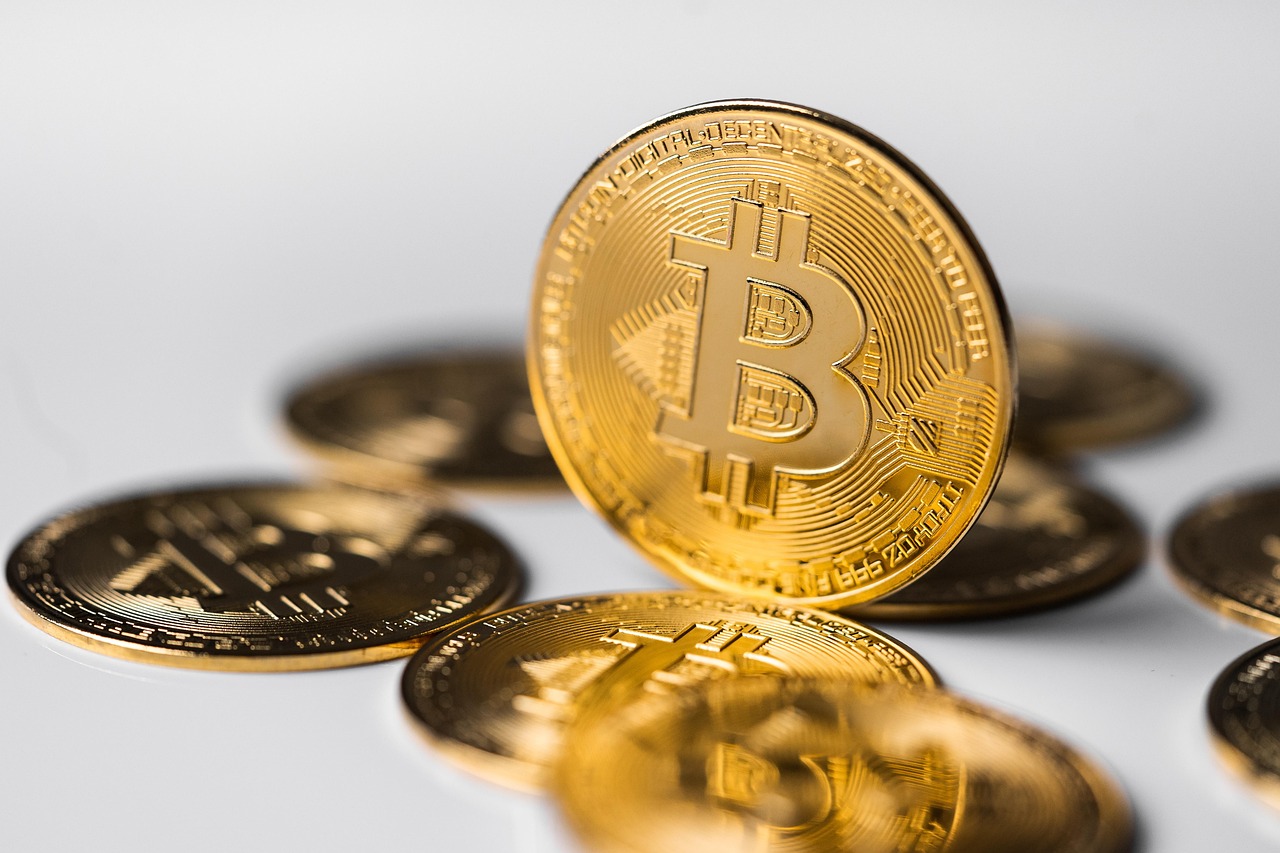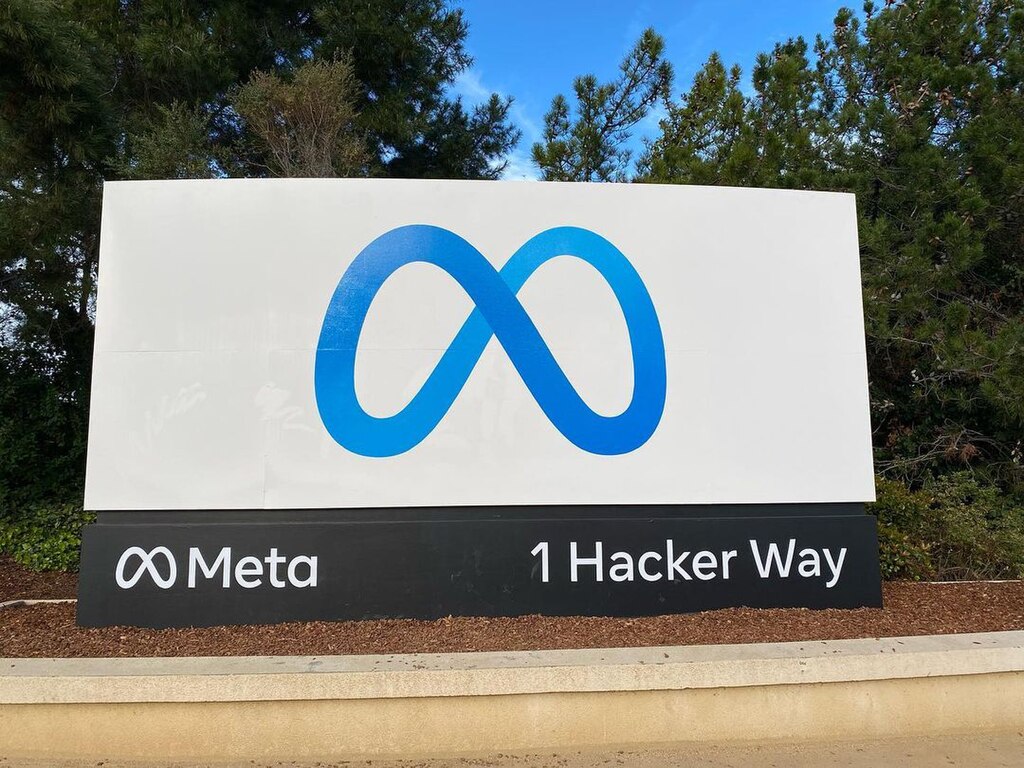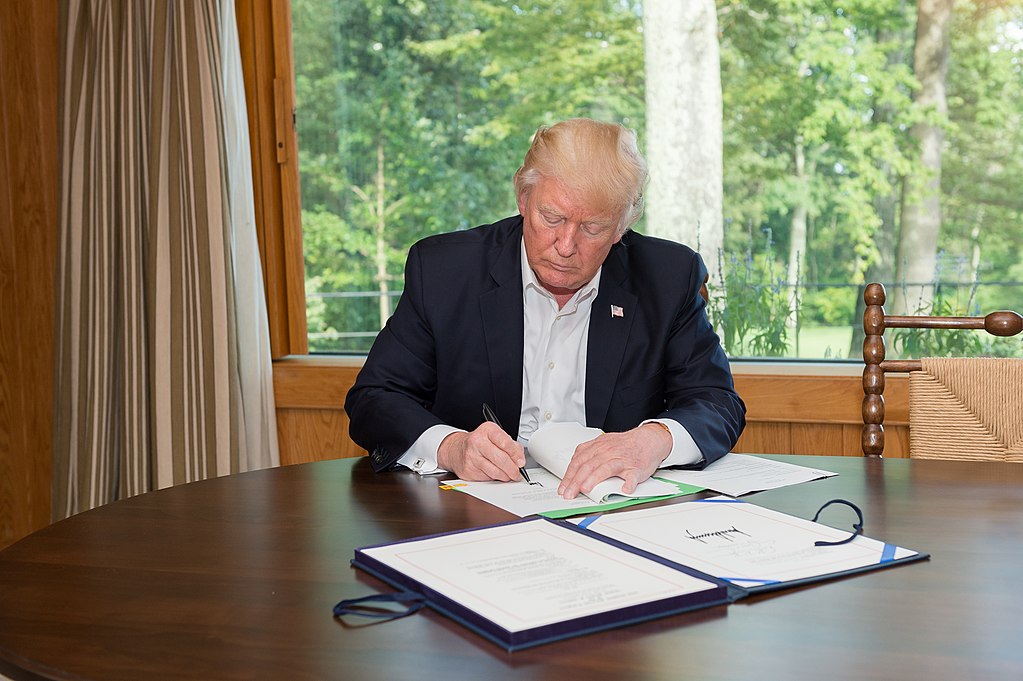The U.S. Department of Justice announced a series of convictions and new asset seizures tied to North Korea’s expanding efforts to illegally obtain and exploit cryptocurrency. According to a Friday statement, five individuals pleaded guilty for their roles in aiding Democratic People’s Republic of Korea (DPRK) operatives who infiltrated U.S. companies by posing as remote information-technology workers using stolen American identities. These schemes allowed North Korean agents to collect substantial income from unsuspecting U.S. businesses while masking their true locations and affiliations.
Federal Bureau of Investigation Assistant Director Roman Rozhavsky emphasized that ongoing probes continue to uncover North Korea’s aggressive attempts to evade U.S. sanctions and generate revenue to support its weapons programs. He urged organizations to strengthen their screening processes for remote employees, noting that fraudulent IT worker networks have become a key economic engine for the DPRK.
In addition to the criminal convictions, authorities seized another $15 million in Tether’s USDT tied to North Korean cyber operations. The seized funds were linked to Advanced Persistent Threat 38, a hacking group believed to be connected to the North Korean military and responsible for several high-profile crypto heists. U.S. agencies have increasingly targeted these operations as crypto thefts remain a major source of illicit funding for the isolated regime.
Earlier in the week, the DOJ and federal partners also launched a Scam Center Strike Force aimed at dismantling hubs for pig-butchering scams—large-scale exploitative schemes often run by Chinese criminal organizations operating in Southeast Asia. Officials confirmed the recovery of an additional $80 million in stolen crypto, with plans to distribute the seized funds back to victims.
What remains uncertain is how much of the recovered crypto will ultimately be directed into the strategic digital asset reserves envisioned by President Donald Trump. His administration has supported the creation of a Bitcoin reserve for seized BTC and a separate reserve for other digital assets, but officials noted that congressional approval may be needed before these plans can be fully implemented.


























Comment 0